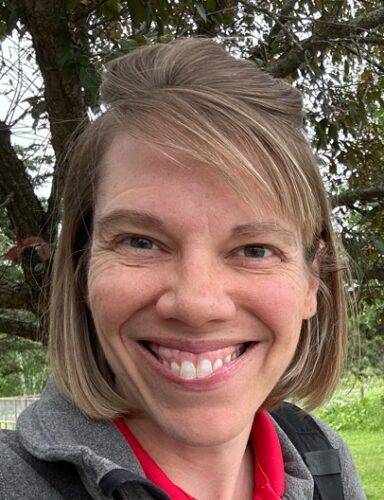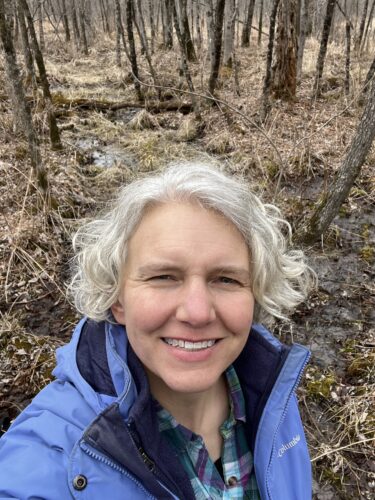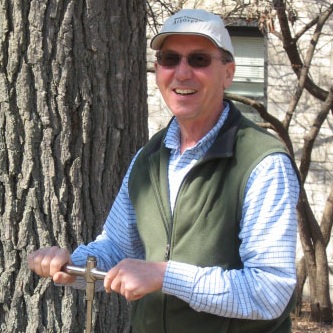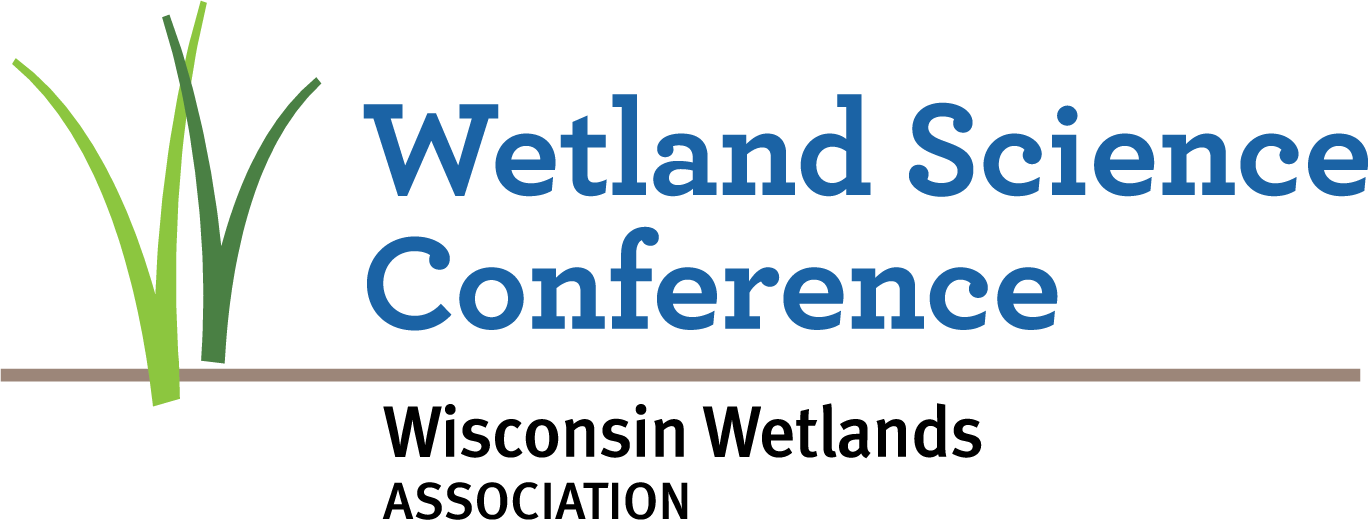Key speakers
We are pleased to feature several key speakers at this year’s conference. Additional 2026 speakers will be announced once their confirmation details are finalized.


Holly Dolliver
Department Chair, Plant and Earth Science, and Professor, Soil Science and Geology, University of Wisconsin – River Falls
Amanda Little
Professor and Program Director, Biology, University of Wisconsin – Stout
Digging in: Wetland soils of Wisconsin and their role in ecological restoration
Hydric soils, along with hydrology and vegetation, are one of the three critical defining features of a wetland. However, soils are more than just criteria to be met; they are the foundation of the wetland ecosystem. Dr. Holly Dolliver (UW-River Forest) and Dr. Amanda Little (UW-Stout) will describe the unique attributes of wetland soils, their formation, geologic context, and properties. How does soil type and properties influence wetland ecosystems, creating opportunities and challenges for ecological restoration? Holly and Amanda will team up to answer this and other vital soil-wetland questions to help us all better care for wetlands.
Holly Dolliver and Amanda Little will speak on the morning of Wednesday, February 25th.
About Holly Dolliver and Amanda Little
Dr. Holly Dolliver is Professor and Department Chair of the Department of Plant and Earth Science at the University of Wisconsin – River Falls. Holly grew up on a farm in the prairie pothole region of central Minnesota. Her interest in wetlands, water, and soil was cultivated at a young age. She earned her bachelor’s degree in soil science and geology from North Dakota State University and her master’s and PhD from the University of Minnesota. Her research focuses on the effects of land use change and land management practices on soil quality. Holly is a passionate educator who is deeply committed to the power of higher education and the mission of teaching-focused institutions. In addition to teaching field courses such as Hydric Soils and Wetlands Environment, she coaches the 5-time national championship UWRF Soil Judging team.
Dr. Mandy Little teaches wetland science and is Program Director for the University of Wisconsin – Stout’s environmental science program. She received her PhD from UW-Madison in botany and has a minor in soil science from UW-Stevens Point. She has a wide range of experience in wetlands, including interning with the Wisconsin Department of Transportation, studying the effects of humans and beavers on wetlands in Acadia National Park with the US Geological Survey, and studying the long-term dynamics of ephemeral pond systems in the Chippewa Moraine. Her current research examines the effects of trout stream restoration on riparian plant communities and the ecosystem dynamics of black ash swamps.

Steve Ventura
Professor emeritus, Environmental Studies and Soil Science at UW-Madison
Layers for going deeper: Uncovering a wetland’s history, biology, hydrology, and more through digital resources
Numerous data sets and maps provide information about land use history, current conditions, hydrology, soils, land tenure, and other factors relevant to wetlands restoration and protection. However, this information is scattered across numerous sources and comes in different forms and formats, at different scales and currency. This presentation will provide an overview of information that could be used in site-specific and regional wetlands projects, including sourcing, integration, interpretation, and limitations. This information includes wetland inventories, hydrology, floodplains, soils, current and historical aerial photography, satellite imagery, digital elevation models, zoning and other legal records, land tenure, drainage district records, and historic maps and photos. Examples will be drawn from Wisconsin, though equivalent sources are available in most states.
Steve Ventura will speak on the morning of Thursday, February 26th.
About Steve Ventura
Steve Ventura is professor emeritus of Environmental Studies and Soil Science at the University of Wisconsin-Madison. Over four decades of research, outreach, and service, he worked with public agencies at all levels of government: non-governmental organizations including environmental groups, land trusts, professional associations, and service organizations; tribal governments and colleges; farmers, urban growers, and food industry workers; foreign agencies and institutions. Expertise in remote sensing and GIS led him into many application domains, including natural resource management, environmental protection, land tenure, community and regional food systems, water quality and quantity, and endangered resources. He is a long-time member of Wisconsin Wetlands Association.
